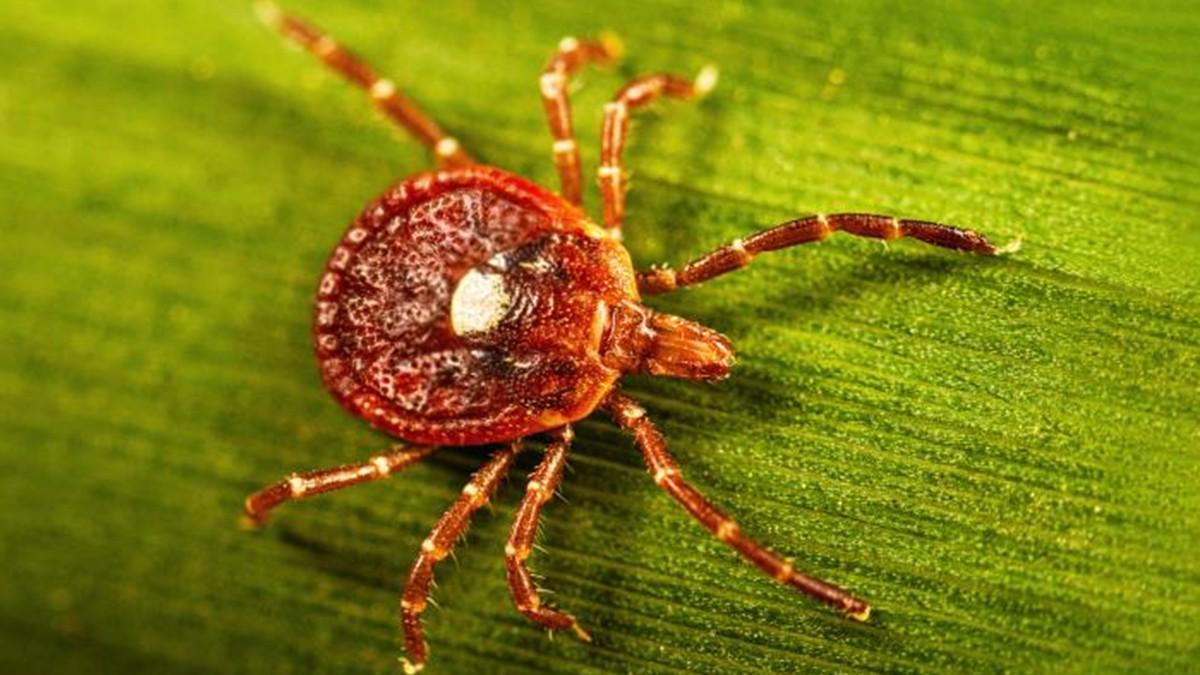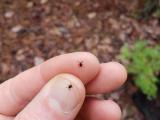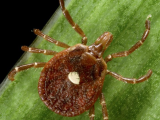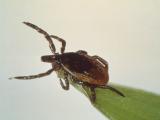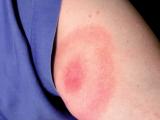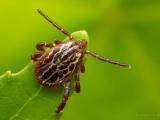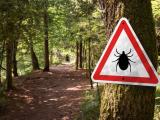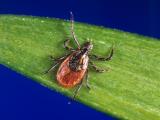A previously healthy New Jersey man has been identified by an allergist at the University of Virginia (UVA) and his coauthors as suffering the first documented fatality from alpha-gal syndrome, a meat allergy triggered by tick bites. The case study was published in the Journal of Allergy and Clinical Immunology in Practice yesterday.
The allergy is caused by the bite of the lone star tick, which can sensitize people to alpha-gal, a sugar found in mammalian meat, including beef, lamb, and pork.
People with alpha-gal syndrome show allergic symptoms such as rash, nausea and vomiting after eating such meat. Though deadly anaphylaxis had been considered a theoretical outcome of the allergy, it had not yet been seen until this case.
Man died last summer after eating a burger
The man's name has not been released, but he was 47 years old and did not know tick bites had trigged an allergy to meat. Last summer he became severely ill three hours after eating steak during a camping trip. Two weeks later, he was found dead after eating a hamburger at a barbecue.
The cause of death was ruled "sudden unexplained death," after an autopsy was inconclusive, but the man's wife gave the autopsy report to a doctor, who reached out to Thomas Platts-Mills, MD, PhD, the former chief of UVA Health’s Division of Asthma, Allergy and Clinical Immunology and first author of the case report.
Platts-Mills first identified alpha-gal syndrome in 2007 and is considered the foremost expert on the allergy.
In post-mortem blood samples, Platts-Mills found that the man had been sensitized to alpha-gal, and had had an extreme reaction, in line with what is seen in fatal anaphylaxis. Platts-Mills told CIDRAP news that the man's tryptase level, a marker for mast-cell activation in allergic reactions, was 2,000 milligrams per milliliter. The highest tryptase level he had previously seen was 90.
'Chigger bites' likely from lone star larvae
Platts-Mills said the man's wife reported he did not have recent tick bites, but had 12 or 13 chigger bites around his ankles the summer he became ill. Platts-Mills said many "chigger bites" in the Eastern United States are actually bites from lone star tick larvae.
It is important that both doctors and patients who live in an area of the country where lone star ticks are common should be aware of the risk of sensitization.
"It is important that both doctors and patients who live in an area of the country where lone star ticks are common should be aware of the risk of sensitization," Platts-Mills said in a UVA press release. "More specifically, if they have unexpected episodes of severe abdominal pain occurring several hours after eating mammalian meat, they should be investigated for possible sensitization to the oligosaccharide alpha-gal."
The Centers for Disease Control and Prevention estimates nearly 450,000 people may be affected in the United States. The number could be higher, as some people will have only mild symptoms, and, unlike most allergies, reactions are delayed and only appear hours after eating meat.
Platts-Mills said that most cases of alpha-gal syndrome are still diagnosed on the East Coast, but the tick has been identified as far inland as Indiana, and he expects further spread.
